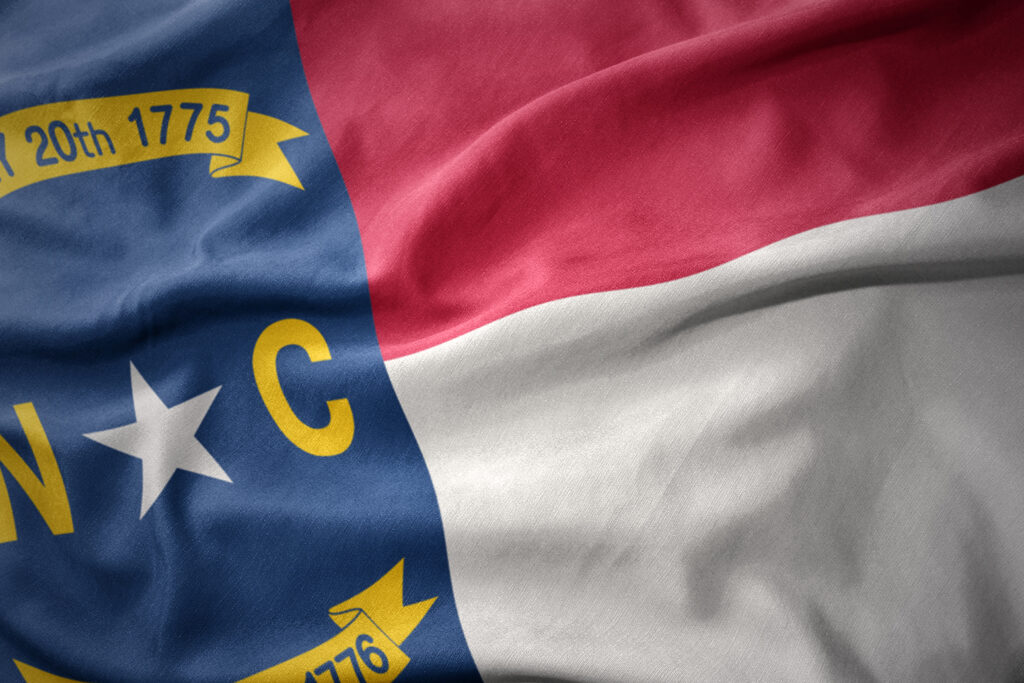
Senate tax plan would create a revenue gap in NC
The NC Senate tax plan makes current state spending levels — already at historic lows — unsustainable. If these tax cuts are enacted, future lawmakers will have to pursue deeper budget cuts or increase taxes or fees on most North Carolinians to balance the budget each year.
The Senate tax plan would step down the personal income tax rate from the current rate of 4.75 percent to 2.49 percent after 2029. These rate reductions primarily benefit the richest few and reduce the availability of public funds to bolster the economic well-being of all North Carolinians and their communities through good schools, good jobs, and bustling main streets.
Some legislative leaders have obscured the consequences of cutting taxes for the rich through income tax rate reductions by scheduling them well into the future, which obscures a full accounting of how these tax cuts affect all North Carolinians. State budgets only show the impact over the next two years, and so lawmakers can hide the full impact of their policies from the public even as they automatically go into effect when specific dates are reached. The estimated total impact of the Senate tax cuts is reflected in budget proposals as $1 billion less revenue in Fiscal Year 2024-2025, whereas the full impact of tax changes will be $7.6 billion less revenue every year when fully implemented in Fiscal Year 2029-2030.
Even under the most conservative spending assumptions (growing the state budget by population plus inflation), spending would exceed revenue in Fiscal Year 2026-2027 without additional legislative action. In that same year, the current support to meet needs provided by federal State and Local Fiscal Recovery Funds from the American Rescue Plan will also end, creating dual fiscal cliffs that threaten the state’s ability to meet people’s needs.
By the year when the full Senate tax plan is fully implemented, the state would have an estimated $7.1 billion revenue gap, assuming that current service and spending levels are maintained. This is not the full measure of the gap that the Senate tax plan would create between what is needed and what will be collected, because the baseline doesn’t reflect requirements, like adequately and equitably funding our schools via the Leandro Plan. As the NC Supreme Court ruled in November 2022, the Leandro Plan sets forth the additional new programs, policy changes, and investments necessary to meet every student’s constitutional right to a sound basic education by the 2027-2028 school year.
Just considering the requirement to fund the Leandro Plan increases NC’s revenue gap to $12.8 billion.
Of course, historically low state spending means there are many other vital needs that would go unfunded in this scenario. For example, these spending projections fail to include other investments the state should be making to ensure all North Carolinians have access to good health care, clean drinking water, and affordable and safe housing.
North Carolina simply cannot continue to reduce personal income tax rates without a significant reduction in public services or a shift in the tax load to those with the lowest incomes. Both will hamper the state’s ability to deliver a high quality of life and necessary supports to well-being that our families deserve.
It is time to come together to demand a stop to the reckless pursuit of income tax cuts benefitting the wealthy and urge legislators to consider a measured approach that recognizes the future commitments that must be made to improve the quality of life in NC.



